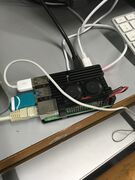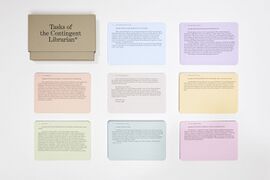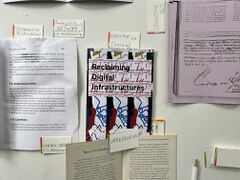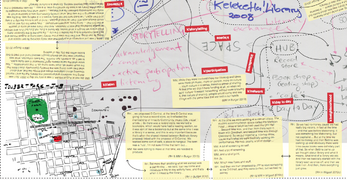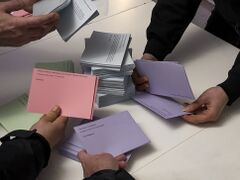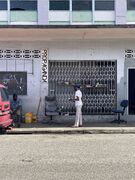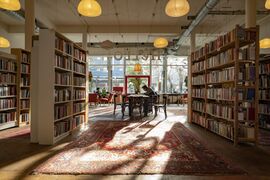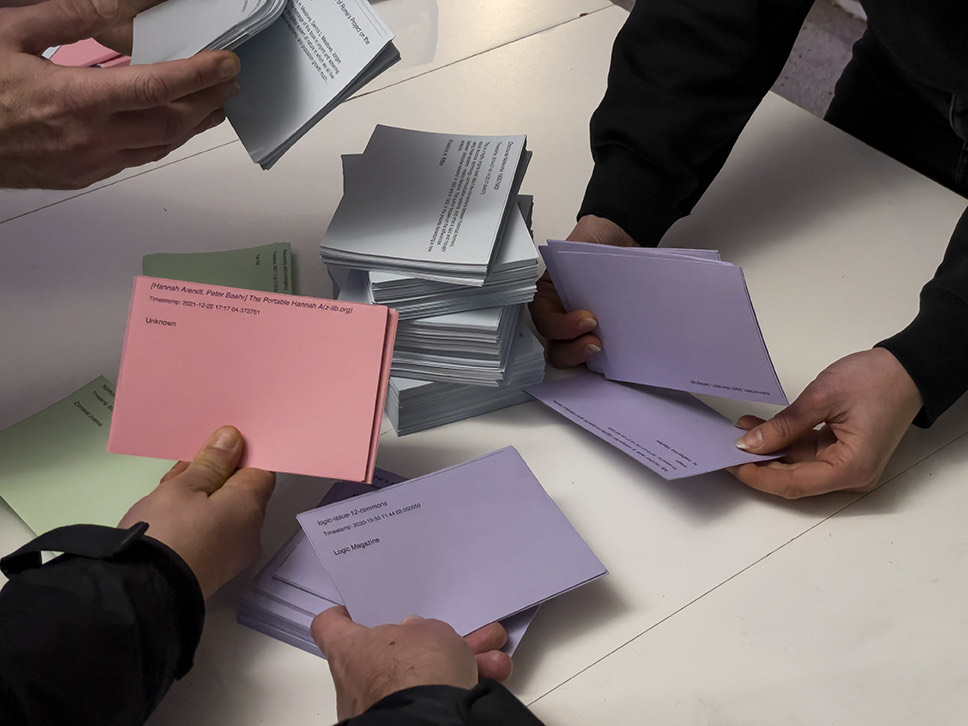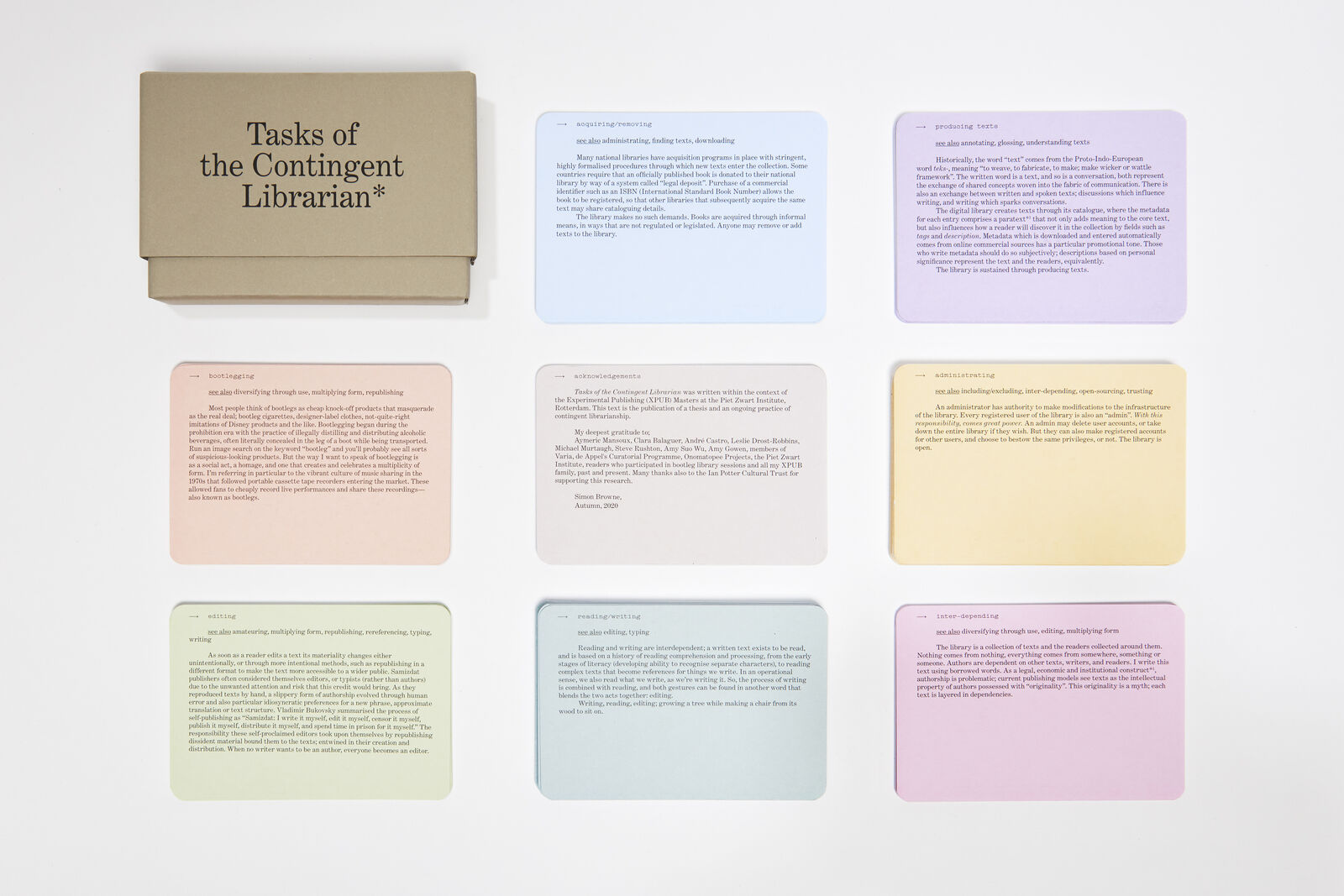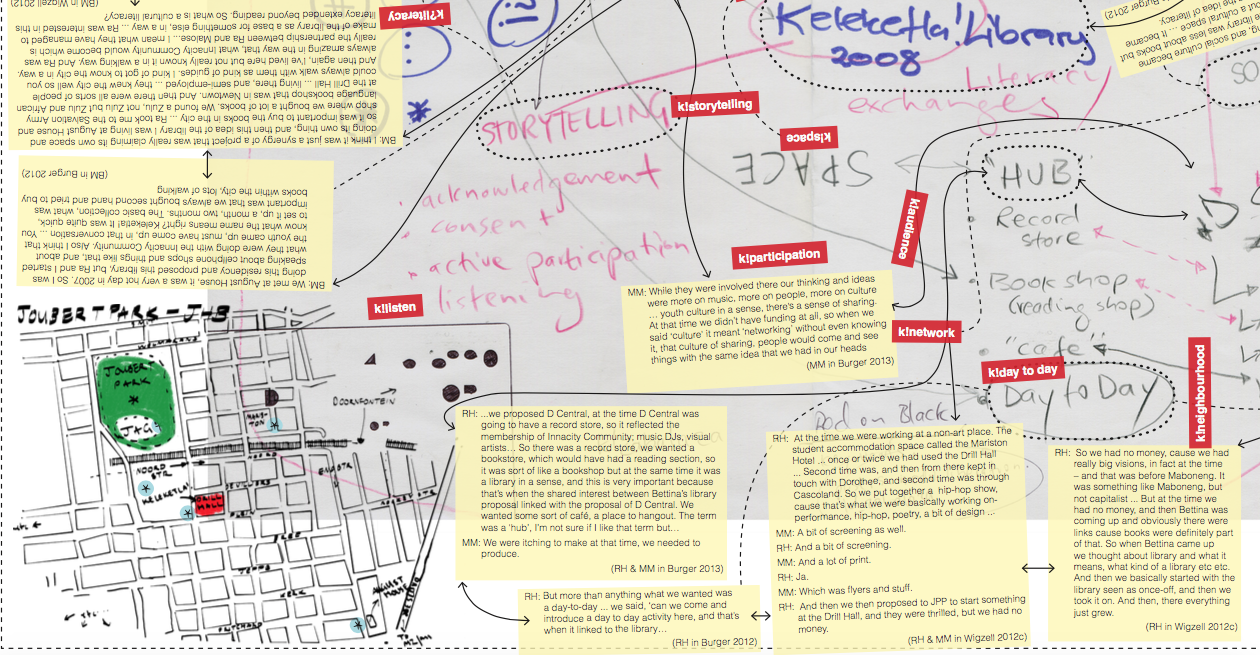How Do We Library That?: Difference between revisions
No edit summary |
No edit summary |
||
| Line 3: | Line 3: | ||
<gallery mode="packed-hover"> | <gallery mode="packed-hover"> | ||
File:Digital bl 01.jpg|The digital bootleg library | File:Digital bl 01.jpg|The digital bootleg library | ||
File:Tasks_cards.jpeg|Tasks of the Contingent Librarian | File:Tasks_cards.jpeg|Tasks of the Contingent Librarian (2020) | ||
File:hold-and-release-01.jpg|Making a Common Index Zine at the Hold and Release Partyline (2022) | File:hold-and-release-01.jpg|Making a Common Index Zine at the Hold and Release Partyline (2022) | ||
File:keleketla-kwords_01.png|k!words Conversation Map from Keleketla! Library (2021) | File:keleketla-kwords_01.png|k!words Conversation Map from Keleketla! Library (2021) | ||
Revision as of 20:51, 5 September 2022
Background
Libraries do much more than simply give access to knowledge. The sharing of texts is a fundamentally social practice, bringing readers, writers and editors together in an exchange of positions, ideas, approaches and know-how.
Libraries are more than just collections of texts, or the place in which they are kept. They are places where many actions are performed, including reading together, annotating, organising and structuring.
Special Issue 19
What is the minimally viable library? What are its parts? Where does the library diverge? When do texts become new? How to sustain all of this?
We will begin with searching for proposals for important questions around how we "do" libraries together. We will question indices and indexical attitudes that aim for universalisms, and discover in the process what is situated and particular about a library, and how the networked practices that sustain them are fundamental in resisting singularities; of texts, writing, readers and collection(s).
In a 2019 interview, researcher and architect Dubravka Sekulić asks, "what is useful knowledge for people to understand what surrounds them? Or for example, what can help to understand the politics of knowledge distribution". It is clear that what we need is to understand "how to offer people tools that allow them to interpret the position in which they are".
Rather than looking only at what a library stores, we will also discover what it produces. We will consider collections as not only comprised of things, but also people and actions. In other words, we will attempt to collectively and individually answer the question "How do we library that?".
Schedule
one
Monday, September 19th, 2022
11:00-13:00 Introducing SI19 with Simon
14:00-17:30 Introduction to Prototyping
Tuesday, September 20th, 2022
11:00-18:00 Prototyping with Manetta & Joseph
two
Monday, September 26th, 2022
three
Monday, October 3rd, 2022
four
Monday, October 10th, 2022
five
Monday, October 17th, 2022
...
Autumn Vacation
six
Monday, October 31st, 2022
seven
Monday, November 7th, 2022
eight
Monday, November 14th, 2022
nine
Monday, November 21st, 2022
ten
Monday, November 28th, 2022
eleven
Monday, December 5th, 2022
twelve
Monday, December 12th, 2022

